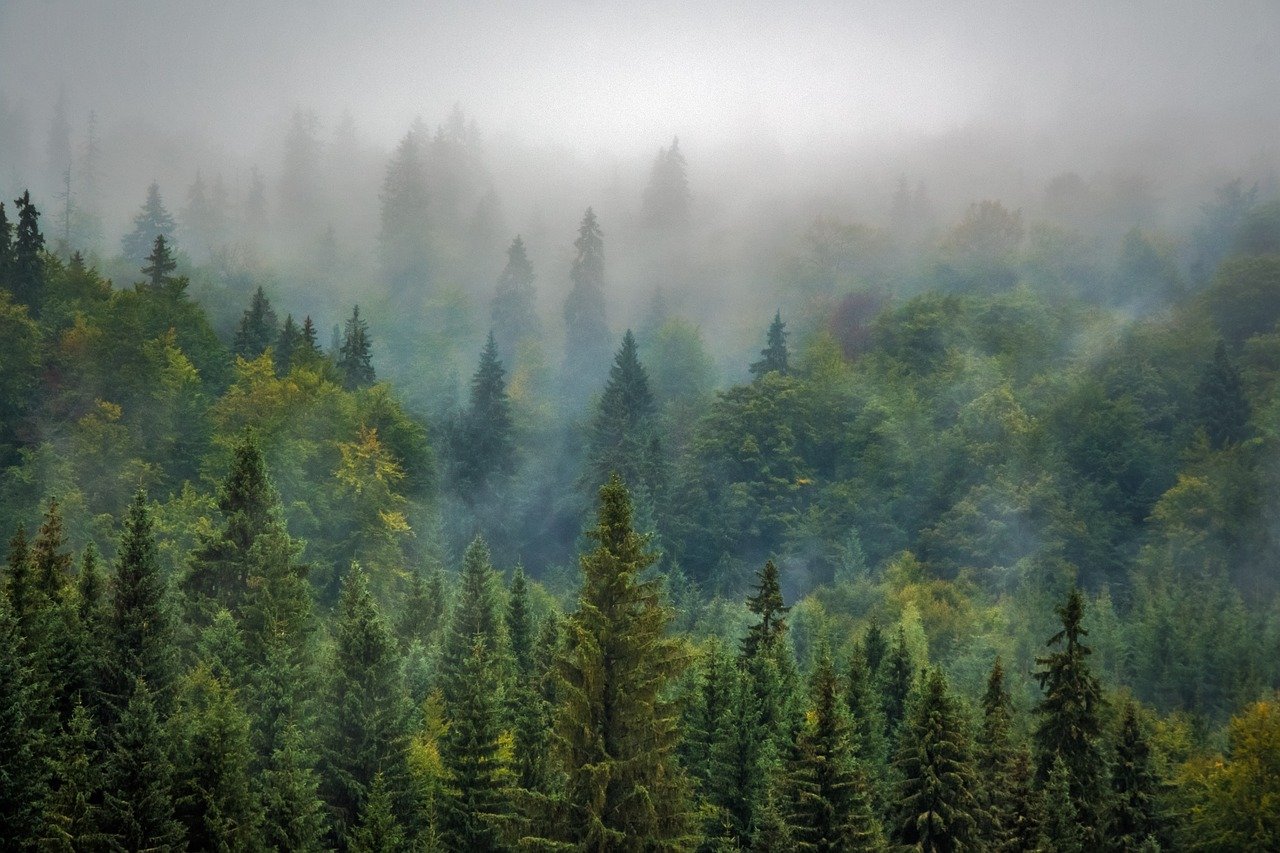Mushroom lovers already know how diverse mushrooms can be: their appearance, taste, texture, growing climate, and health benefits can all vary from one species to the next. However, many would be astonished to learn that there are thought to be over 5 million species of fungi. Even more surprisingly, the majority of those fungi don’t produce mushrooms at all!
You may be wondering what fungi consists of if it doesn’t produce mushrooms. The majority of the mushroom’s structure is actually underground. Whisper thin threads called hyphae branch out and are woven together to create the mycelium, a web of fibers that wraps around and bores into tree roots and can grow to astonishing sizes. In fact, the world’s largest observed mycelium can be found in Oregon’s Malheur National Forest and covers 2,400 acres! This mycelium belongs to a mushroom known as Armillaria ostoyae and has earned the nickname “humongous fungus.”
With fungi covering so much area in our forests, they’re bound to affect the ecosystem. Here are some of the ways these fascinating structures help plants, animals, and other organisms.
Mycelium Helps Trees “Communicate”
Tree roots are connected to each other through the mycelium of fungi. This allows the tree to send and receive information and nutrients to the surrounding trees. That’s right – trees actually use fungi to “communicate” with each other about their nutritional needs, lack of water, and more! This delicate communication system allows smaller saplings to receive assistance from the older and more seasoned trees in the forest. It also helps the trees understand their location relative to other trees, since they like to leave each other a little wiggle room.
Break Down Plant Materials – And Any Other Debris
Any living thing requires energy to live and grow; Minnesota mushrooms are no exception. The fungi living on the forest floors use enzymes to break down fallen trees, plants, and dead leaves and convert the decomposed material into energy. This energy is then used to expand the fungi’s mycelium or to create fruiting bodies – the part of the fungi we see above ground and can eat.
Fungi aren’t always picky about their food sources. Some species have adapted to break down extremely potent substances: rock, crude oil, plastics, and even TNT! One species of fungi found in mining waste is actually radiation-resistant and could help clean up nuclear waste sites. As you can see, fungi are happy to help out the environment by breaking down harmful substances.
Provide Fruiting Bodies for Animals and Humans to Eat
This is our favorite benefit of fungi – the good eats! Many species produce delicious edible mushrooms. These mushrooms are actually a vessel for the fungi’s spores, which are spread by passing animals (or the wind) to other parts of the forest to begin their own life cycle. Deer, bears, rabbits, squirrels, and insects all love to munch on this delicious food source.
Unfortunately, our current environment and population simply does not allow every person to pick their share of wild mushrooms. Since some species of fungi can take years to produce mushrooms in the wild, it is often more efficient and sustainable to grow and harvest these varieties in a controlled grow room.
R&R Cultivation produces some of the Twin Cities’ favorite mushrooms using organic, sustainable practices to ensure we all have access to this delicious and healthy food source. We leave the mushrooms in Minnesota forests to their natural life cycle while still offering many awesome mushroom varieties with tons of flavor to customers at local farmer’s markets, co-ops, and grocery stores.
If all this talk about fungi’s contributions in the ecosystem has left you awe inspired, consider purchasing sustainably grown and harvested mushrooms from R&R Cultivation to ensure their wild counterparts can continue to help our environment. Here’s where you can find our gourmet, organic mushrooms.

